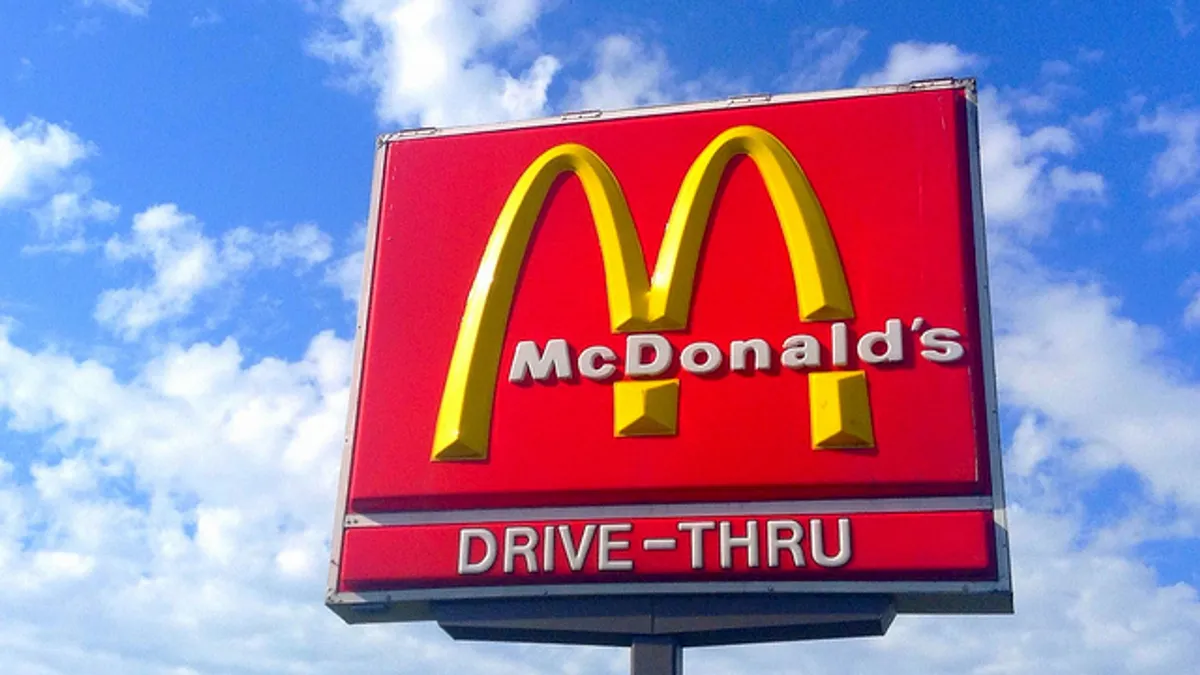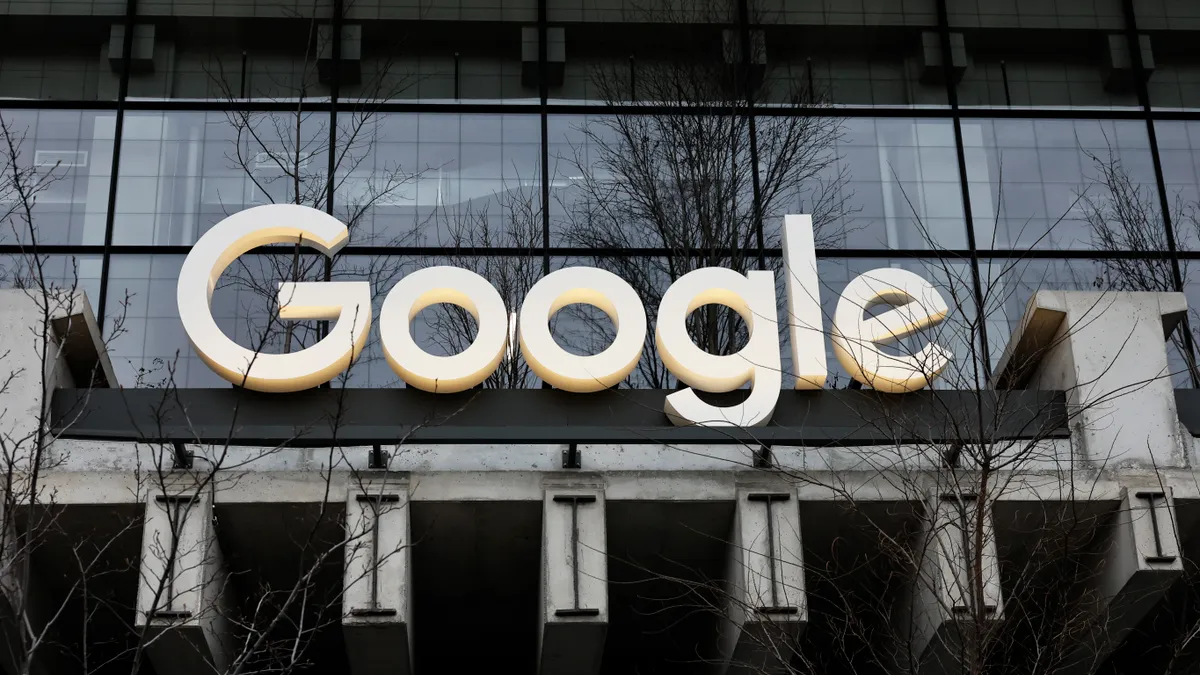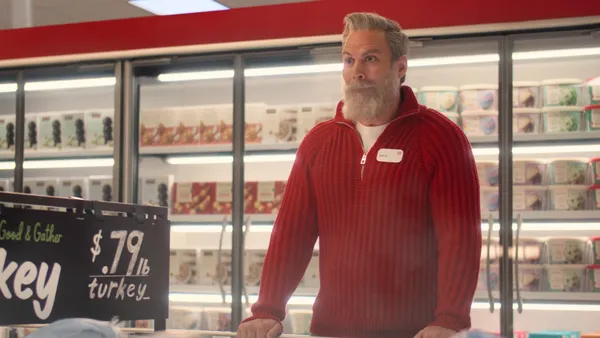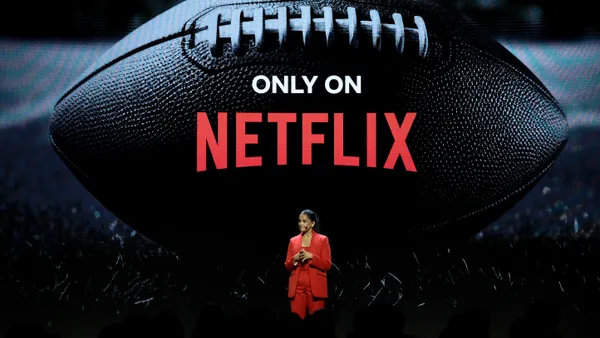Dive Brief:
- McDonald's has pulled a TV spot promoting its Filet-O-Fish in the U.K. amid heavy criticism that it exploited child bereavement, according to a report in The Guardian.
- The ad features a mother and son talking about his dead father, with the boy's mood only improving after visiting the fast food chain. The mother tells her son that the Filet-O-Fish sandwich was a favorite of his father's as well.
- Viewers in the U.K. found the ad offensive and voiced their concerns to the children's bereavement charity Grief Encounter as well as filing complaints with the Advertising Standards Authority, The Guardian said. A strong social media backlash was apparent on platforms like Twitter.
Dive Insight:
McDonald's controversy is the latest example of the danger brands face when tackling highly personal topics, or anything with a pointedly cultural or political bent in their marketing. The fine line brands walk has become especially tricky as cynicism toward advertising, and straightforward, traditional brand advertising, in particular, has grown considerably in recent years as consumers demand more authenticity but also greater emotional resonance.
Last month, Pepsi waded into similar waters with a Kendall Jenner-starring spot, where the celebrity dispells protest tensions by offering a police officer a can of the soft drink. The effort was seen as co-opting and exploiting legitimate social issues in a cynical way and, like the McDonald's ad, faced heavy criticism on social media until it was pulled by the brand.
In a way, McDonald's gaffe might be read as worse, especially since it has a queasy proximity to Father's Day, as The Guardian noted. Pepsi's effort was widely viewed as tone-deaf, but McDonald's seemed to play into the emotions of vulnerable children. Many outlets have pointed out that the situation echoes Nationwide Insurance's "dead boy" Super Bowl TV spot from two years ago — deemed by some to be one of the worst ever — which ultimately lead to the departure of the company's CMO.
McDonald's was quick to get the ad off-air, but not before initially defending it.
"It was never our intention to cause any upset," a McDonald's spokesperson told The Guardian. "We are particularly sorry that the advert may have disappointed those people who are most important to us: our customers."












